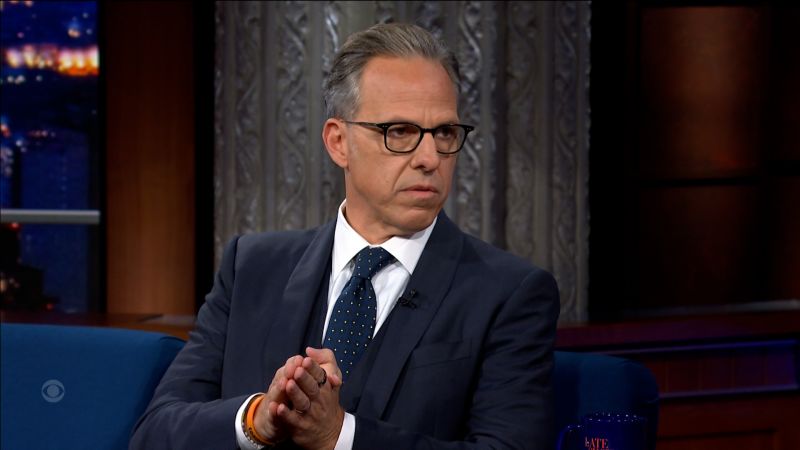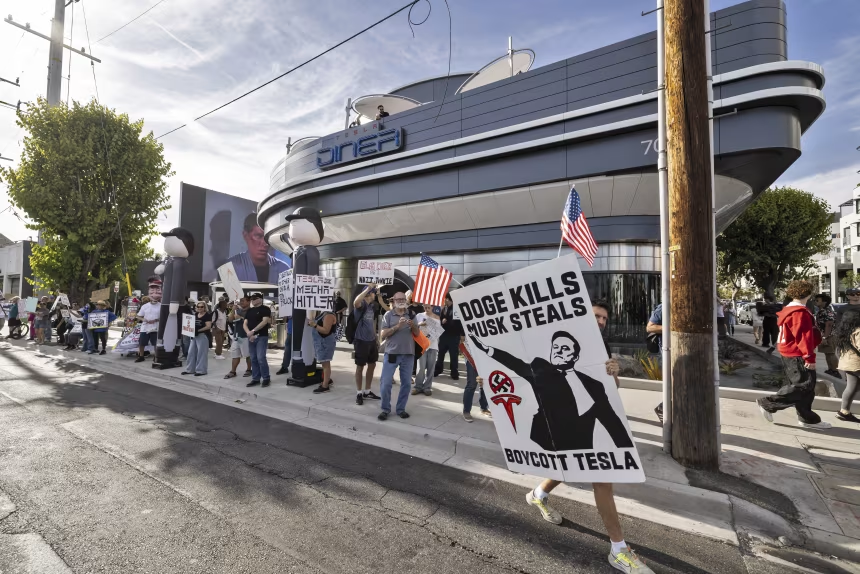
Media Ethics and Free Speech: The Debate Over Jimmy Kimmel's Removal
Opinion | 9/19/2025
In a recent interview with Stephen Colbert, journalist Jake Tapper addressed the removal of Jimmy Kimmel’s show, suggesting it was a “direct” violation of the First Amendment. Tapper highlighted concerns about free speech and press freedom in the context of Kimmel’s show’s removal, sparking discussions on constitutional rights and media independence.
The First Amendment of the United States Constitution guarantees freedoms of speech and press, safeguarding individuals and media outlets from government censorship or interference. Tapper’s remarks underscore the significance of upholding these constitutional principles in a democratic society, emphasizing the crucial role of media in holding power to account.
While Tapper’s comments resonated with many advocating for free expression, legal experts point out that private companies, including television networks, have the discretion to make programming decisions. This raises complex questions about the intersection of free speech rights and corporate control over content, adding layers of nuance to debates surrounding media regulation.
Supporters of Kimmel argue that his removal reflects broader challenges to media diversity and dissenting voices in an increasingly polarized media landscape. Critics, however, contend that private entities have the right to determine their programming based on various factors, including audience preferences and commercial interests.
Amidst these discussions, the implications of Kimmel’s removal extend beyond individual programming choices, touching on larger issues of media plurality, editorial independence, and the delicate balance between free expression and corporate influence in shaping public discourse. As debates continue, the intersection of constitutional rights, media ethics, and commercial imperatives remains a focal point of scrutiny and debate.


